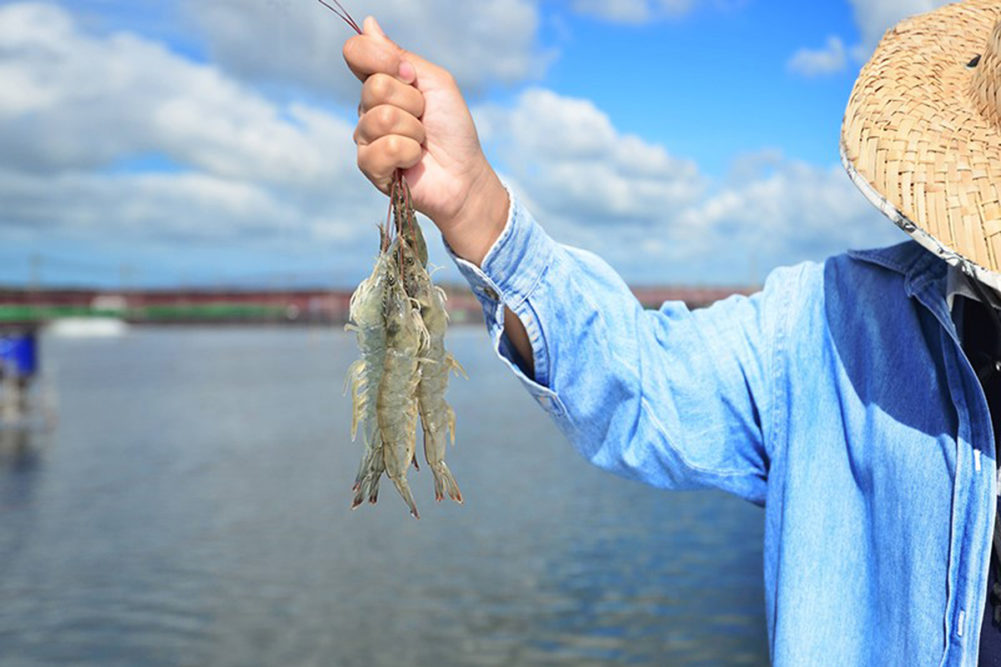ADUSA, which operates 2,050 stores, is part of the Shrimp Decarbonization Initiative, a program initiated by major seafood supplier Thai Union Group to significantly reduce greenhouse gas (GHG) emissions within the shrimp supply chain.
Also developed in collaboration with global environmental organization The Nature Conservancy (TNC), it has a target of producing 1,000 metric tons of processed shrimp that is “both lower impact and meets the highest product quality standards,” Thai Union said in a press release.
Notably, the shrimp will be fully traceable from hatchery to the point of shipment. The shrimp will be imported by a Thai Union subsidiary, Chicken of the Sea Frozen Foods, and will be sold at ADUSA’s Food Lion and Hannaford stores.
“Ahold Delhaize USA and each of our local brands is deeply committed to sustainability and responsible sourcing across the supply chain, and we take seriously our role in partnering with suppliers and other stakeholders to create innovative solutions to address climate change,” said Marc Stolzman, chief sustainability officer for ADUSA. “The Shrimp Decarbonization Initiative represents a big step forward in sustainable aquaculture. We are proud to partner on this project, which we believe has significant potential for the retail sector and further advances our work to enable healthier people and a healthier planet.”
“Working alongside The Nature Conservancy allows us to pioneer a model of shrimp production that is not only more environmentally responsible but also economically viable,” added Adam Brennan, chief sustainability officer at Thai Union.
The Shrimp Decarbonization program is not just about reducing emissions, Brennan said.
“It’s about transforming the shrimp industry into a more sustainable, efficient, and equitable sector. By proving that sustainable practices can lead to economic benefits, we aim to inspire and lead the way for the entire industry.”
The primary focus of the program is making on-farm investments to enhance efficiency and productivity, reduce energy usage and increase sourcing of sustainable feed ingredients.
Following the pilot’s success, Thai Union plans to scale the efforts across other shrimp farms in Thailand and beyond. This expansion will introduce sustainable interventions to support the farms’ transition to more sustainable practices.
This article is an excerpt from the April 2024 issue of Supermarket Perimeter. You can read the entire Seafood Traceability feature and more in the digital edition here.

